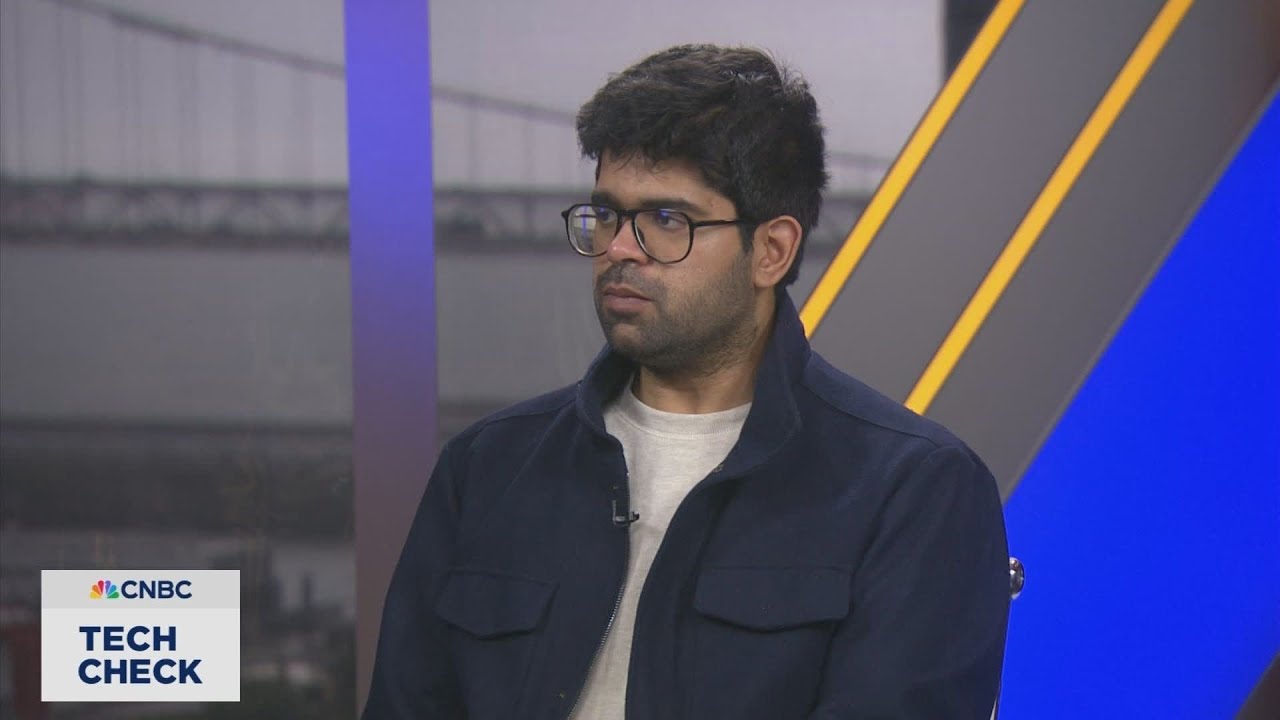In an interview, Perplexity CEO Aravind Srinivas discussed integrating the open-source AI model DeepSeek into his platform while ensuring American data security and removing censorship linked to its Chinese origins. He also proposed that acquiring and running TikTok in the U.S. could enhance user privacy and free expression, leveraging AI expertise to rebuild its algorithm and promote competition in the tech landscape.
In a recent interview, Perplexity CEO Aravind Srinivas discussed the integration of the open-source AI model DeepSeek into his company’s platform, emphasizing the importance of American data security and the removal of censorship associated with the original model. He explained that while the DeepSeek app is hosted in China and subject to its regulations, Perplexity can host the DeepSeek R1 model in the U.S. or Europe, ensuring that user data remains secure and uncensored. This distinction is crucial for users who want to engage with the model without the influence of Chinese censorship.
Srinivas highlighted the growing popularity of DeepSeek, which has topped app store charts, and expressed optimism that users would eventually recognize the app’s ties to the Chinese Communist Party’s propaganda. He argued that the U.S. administration should inform users about the risks of using the DeepSeek app and encourage them to access the model through platforms like Perplexity, which align with American values of free speech and liberty. He noted that TikTok has played a significant role in DeepSeek’s growth, and he believes that an American-run TikTok could similarly inform users about data privacy concerns.
The conversation shifted to TikTok, with Srinivas proposing that Perplexity could successfully acquire and run the app in the U.S. He asserted that an American company could rebuild TikTok’s algorithm to eliminate biases and censorship, unlike traditional private equity firms that would struggle to do so. He emphasized that AI companies like Perplexity are uniquely positioned to undertake this task, leveraging their expertise in AI and search technologies to create a platform that prioritizes user privacy and free expression.
Srinivas also addressed the challenges of acquiring TikTok, particularly the reluctance of the Chinese government to relinquish control over the algorithm. He argued that the algorithm’s value surpasses that of the app itself, and he believes that with the right AI expertise, it is possible to recreate it. He proposed a structure where Perplexity and TikTok would operate as separate entities under a parent company, which could eventually go public, allowing for government benefits from the merger while maintaining user data privacy.
Finally, Srinivas expressed confidence in the potential for this merger to enhance competition in the tech landscape, arguing that it would prevent further consolidation of power among big tech companies. He reassured stakeholders that the focus on TikTok would not distract from Perplexity’s growth, as the acquisition would significantly boost distribution and user engagement. Overall, he envisions a future where American ideals of free speech and data security are upheld through innovative AI-driven platforms.
